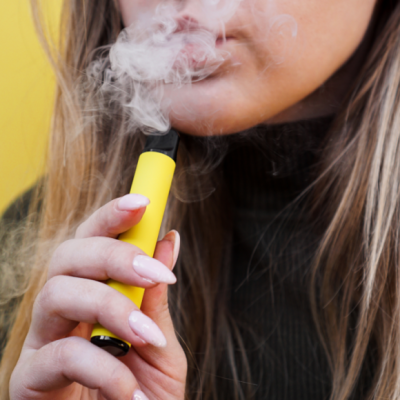The World Health Organization (WHO) has issued a warning about the dangers of e-cigarettes, citing their unknown long-term effects, their potential to be a gateway drug for children, and the possibility that they could make smoking socially acceptable again. The WHO defines e-cigarettes as devices that heat liquids to create aerosols that can be inhaled. The organization is particularly concerned about the flavors of the liquids, such as “licorice,” “cotton candy,” and “gummy bear,” as well as the nicotine and other chemicals they contain. Studies have shown that these substances can be harmful to health, causing inflammation in the mouth and damage to the heart and blood vessels. The WHO also notes that e-cigarettes are marketed to children through their appealing flavors, and that they can be a gateway to traditional smoking.
The WHO’s report highlights the fact that thousands of different brands of e-cigarettes and liquids are available in the European Union, but their long-term effects on health have not yet been fully studied. The organization is calling for better regulation of e-cigarettes to prevent manufacturers from circumventing tobacco control measures and making smoking socially acceptable again. The WHO’s recommendations include protecting children and other vulnerable groups from the harms of e-cigarettes, and better labeling of products to help consumers distinguish between those that contain nicotine and those that do not.
Michael Bloomberg, the former mayor of New York and founder of the philanthropic organization Bloomberg Philanthropies, which sponsored the report, agrees with the WHO’s recommendations. He warns that e-cigarette manufacturers are trying to hook a new generation on their products, and that better regulation is needed to protect public health.
In conclusion, the WHO’s warning about the dangers of e-cigarettes highlights the need for better regulation of these products to protect public health. The organization is calling for measures to prevent e-cigarettes from becoming a gateway to traditional smoking, and to prevent manufacturers from circumventing tobacco control measures. The WHO’s recommendations include protecting children and other vulnerable groups from the harms of e-cigarettes, and better labeling of products to help consumers distinguish between those that contain nicotine and those that do not.










